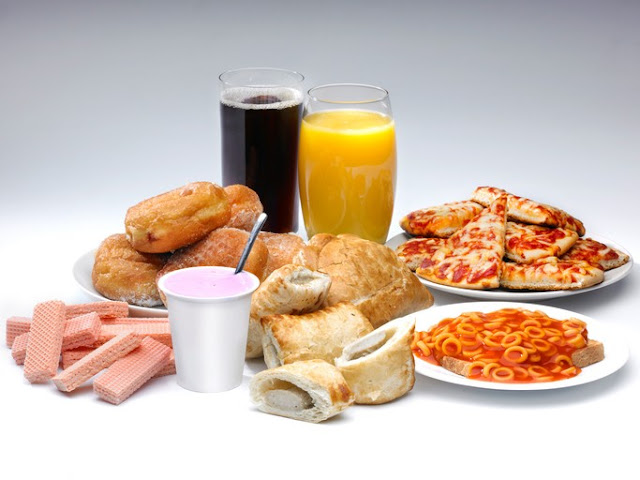First, we should start on the tricky subject of definitions.
Jones and Clemens published a nice summary of how various
organizations differ in their definitions of “processed food” (3). The United
States Department of Agriculture and other government organizations, for
example, tend to use a broad definition that includes any changes from a
natural state – such as washing, heating, and cooking, to adding preservatives,
flavors, additives, etc. The American Institute for Cancer Research uses the
term “minimally processed” to denote vegetables, grains, and beans prepared
without much added to them, or minimal refining. Then there is the “NOVA”
system, an attempt by Dr. Carlos Monteiro and colleagues to categorize food
processing into: “unprocessed or minimally processed foods”, which are
essentially unmodified from nature or include light processing such as drying,
boiling, freezing, etc., “processed culinary ingredients”, “processed foods”,
and “ultra-processed foods” as the extreme, which includes foods made with
ingredients with limited “unprocessed foods”, such as concentrated energy
sources like sugars, oils, fat, salt, extracts like casein, lactose, and whey,
or additives like dyes, flavors, sweeteners, etc. (4). There doesn’t appear to
be good published data on what the public considers processed food, although
the International Food Information Council (IFIC) has developed definitions
with input from consumer focus groups, discussed below.















No comments:
Post a Comment